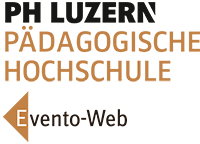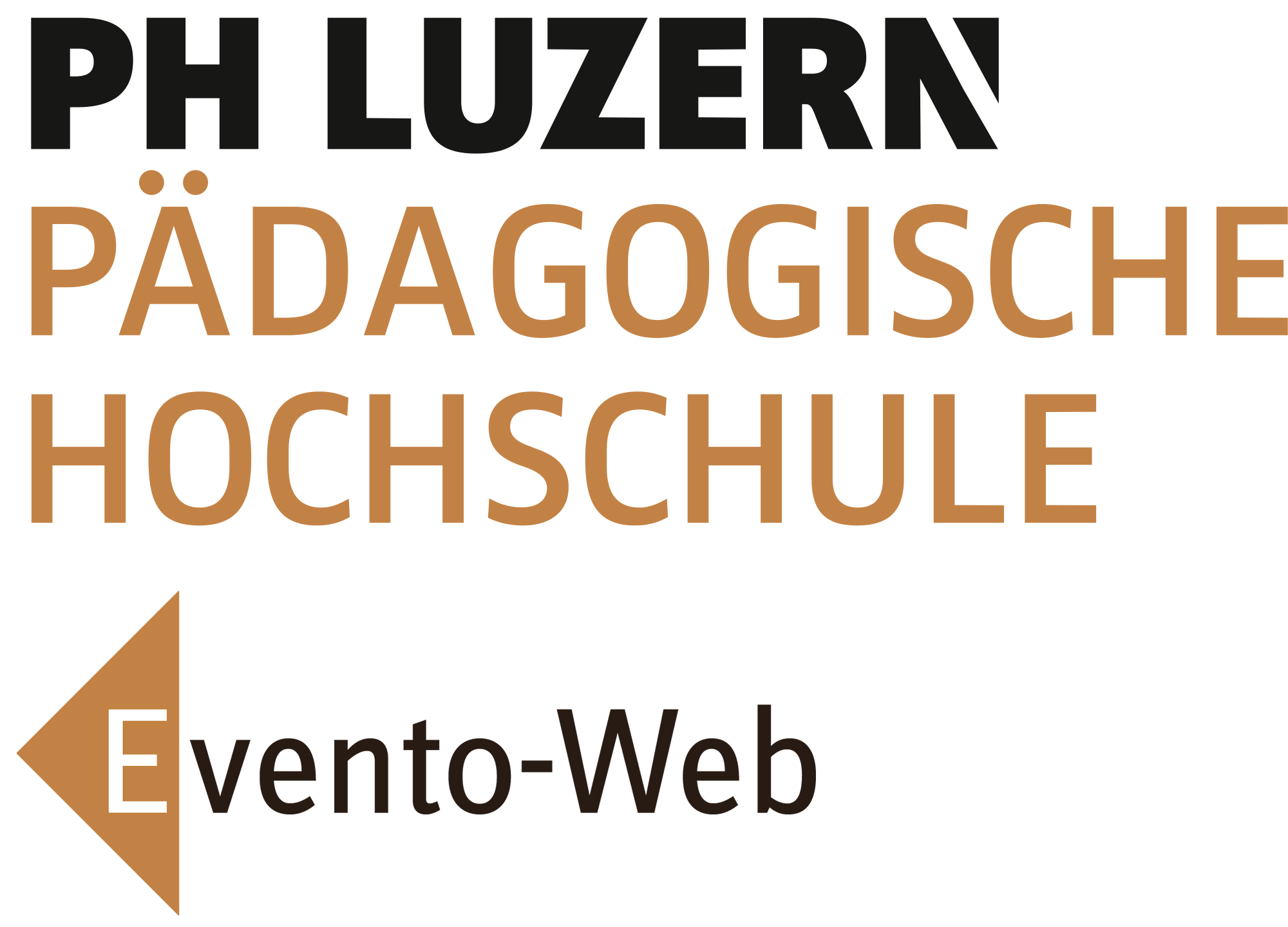Synergies Introduction (FR/EN) F25.001
| Nummer: | PLU.SY01.02-PS.F25.001 |
|---|---|
| Veranstalter: | PLU.Fach und Unterricht |
| Leitung: | Andrea Zeiger, u.a. |
| ECTS-Punkte: | 2 |
| Datum: | 06.03.2025 - 05.06.2025 |
| Raum: | UP 2.B01 |
| Unterrichtssprache: | Deutsch |
| Weitere Informationen: |
Ziele und Inhalte
Le premier module en didactique des langues étrangères vise à mettre la base pour les principes didactiques qui seront introduits dans les modules suivants.
Premièrement, il est important de comprendre le processus de l’acquisition de la L1 et de l’apprentissage des langues étrangères. A partir de ces théories d’apprentissage, les étudiant.e.s réfléchissent à leur propre biographie langagière et se rendent compte de leur attitude par rapport à « un bon enseignement des langues ».
En outre, les étudiant.e.s découvrent le contexte linguistique, politique et économique dans lequel l’anglais et le français langues étrangères sont enseignées dans les écoles primaires et secondaire en Suisse et se familiarisent avec les documents de base, notamment le cadre européen de référence pour les langues (CECR 2001) et le plan 21.
Un des objectifs principaux de l’enseignement des langues étrangères à l’école publique est le renforcement des compétences plurilingues fonctionnelles. Il est donc indispensable que les futur.e.s. enseignant.e.s sensibilisent les élèves aux synergies entre les langues. Par conséquent, l’approche plurilingue et EOLE complètent ce module en fournissant des idées concrètes des activités plurilingues et interculturelles dans le cours de langues à l’école primaire.
With regard to PHLU framework of reference, activities throughout the semester are geared toward establishing of basic professional competences:
- 02 Kompetenz zur Gestaltung eines kompetenzorientierten, verstehensorientierten und motivierenden Unterrichts
- 08 Reflexionskompetenz
Handlungsbereiche
- D Bereitstellen von Lerngelegenheiten
- E Begleiten und Beurteilen der Lernprozesse der Schülerinnen und Schüler
The following learning objectives reflect the requirements of this module:
The students …
• know different learning theories and understand their implications for learning and teaching languages.
• have a deeper understanding of language learning processes and are familiar with similarities and differences between language acquisition and language learning of first, second and third languages.
• reflect on their own language learning biography and become aware of their subjective learning theories.
• understand the linguistic, political and economic context in which English and French are taught
• appreciate the Common European Framework of Reference for Languages (2001) as a reference document for modern language teaching.
• are acquainted with the structure and the objectives of the English curriculum Lehrplan 21.
• can help the pupils explore their linguistic, strategic and cultural repertoire for further language learning.
Lehr- und Lernformen
The module is a blend of obligatory and optional attendance and self-learning time. Students receive theoretical input from the lecturer before transferring it to practical teaching situations. Throughout the module students will be expected to complete all the assignments to enable them to make an informed contribution to the seminars, providing their own personal interpretation and understanding. Furthermore, students have to write their learning biography and take part in a colloquium.
Form des Leistungsnachweises
LN Element A:
Students unable to prove their English language competence at B2 level with an international B2 certificate or gymnasiales Maturazeugnis/Vorkursabschluss/FMS with grade 5 (1-6 scale) or higher or a successfully accomplished B2 test taken in semester 1, have to pass a language assessment. The test focusses on listening, reading and writing.
LN Element B:
Les étudiant.e.s rédigent dans un compte rendu leur propre biographie langagière en français en couvrant les aspects linguistiques, stratégiques et interculturels de l’apprentissage des langues.
LN Element C:
Students participate in groups of 2 or 3 in a 20-minute colloquium held in English. They will be asked to discuss specific content areas from the module and show how these concepts relate to each other.
Modalitäten der Repetition
LN Element A: Retake at the end of the semester, third and last chance a week before the start of semester 3.
LN Element B: Reprise à la fin du semestre, troisième et dernière chance une semaine avant le début du 3e semestre.
LN Element C: Students who fail the exam will have two more chances for a retake: September 25 (2nd try), December 25 (last try).
Obligatorische Literatur bzw. Medien
Jakisch, J. (2019). Verfahren der Mehrsprachigkeitsförderung im Englischunterricht. In C. Fäcke & F.-J. Mei-ner (Hrsg.), Handbuch Mehrsprachigkeits- und Mehrkulturalitätsdidaktik (S. 459–464). Tübingen: Narr.
Lightbown, Patsy M.; Spada, Nina (2013. How Languages are Learned. Oxford: Oxford University Press. Chapter 7
Quetz, J. (2019). Der gemeinsame Europäische Referenzrahmen (GER). In Ch.Fäcke & F-J. Meissner (eds.), Handbuch Mehrsprachigkeits- und Mehrkulturalitätsdidaktik (S.107-112). Tübingen: Narr Francke Attempto.
Yule, George (2010). First Language Acquisition. The Study of Language. Cambridge: Cambridge University
Press.
Yule, George (2010). Second Language Acquisition.The Study of Language. Cambridge: Cambridge University
Press.
Präsenzpflicht
Les étudiants doivent assister à un minimum de 6 d’un total de 7 séances en présentiel. En outre, ils rédigent leur propre biographie langagière et assistent au colloque qui aura lieu au cours des deux dernières séances du module.

